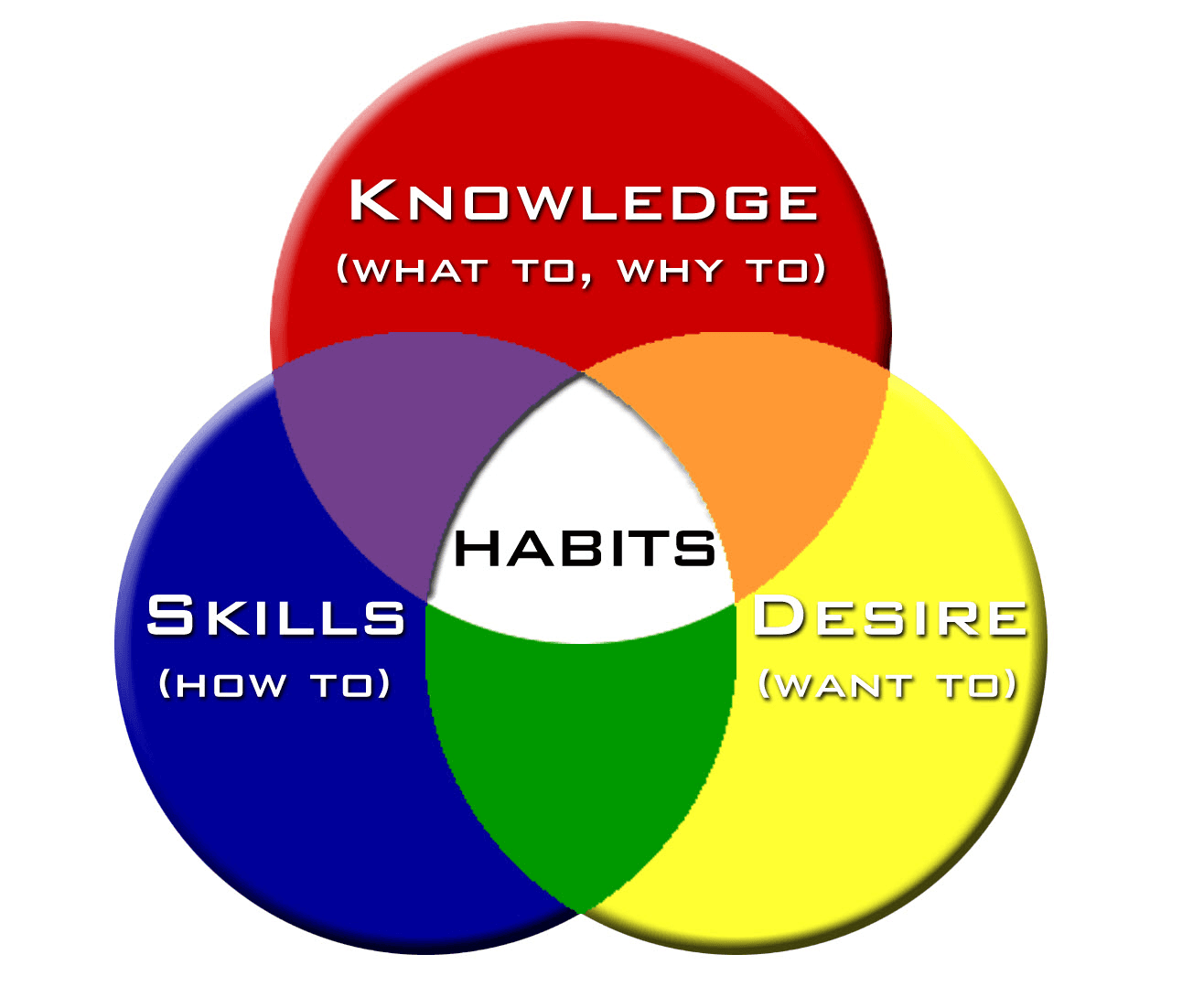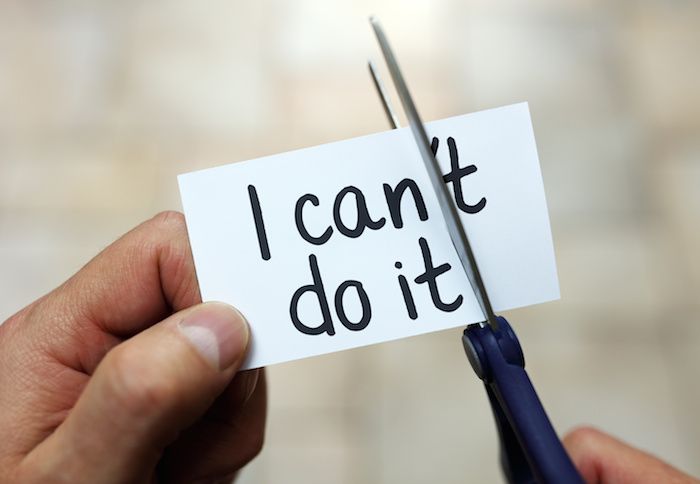TEACHING CHILDREN GOOD HABITS FOR A LIFETIME
Habits and actions are not acquired via osmosis nor do they persist after having once been experienced. Social skills must be learned and teaching children good habits will not only aid them in their childhood development but may well stay with them through their entire lives.
Children will respond more consistently and much more quickly if they have a clear understanding of what is expected of them. Their responses will be built on that understanding and will be more predictable. They want to please and will respond favorably if they know what good manners are and how they will be accepted by those in authority.
As skills are defined and developed, the teacher should respond favorably no matter how gradual the development may be. It is not the completion of a skill or the successful reaching of a goal that is as important as the improvement being made toward that goal.
Here are some best practices to start developing your children's habits:
 Define for students why habits are life changing and will last a lifetime.
Define for students why habits are life changing and will last a lifetime.- Explain why habits must be consciously formed, rather than assumed.
- Reinforce students' understanding that habits affect every aspect of living, including the controlling of anger, showing sympathy, accepting authority, showing good sportsmanship, following rules, table manners.
- Empower students with confidence that they can form habits which will help build friendships and which will receive approval from those adults they admire.
Children often seek attention only to be rebuffed by an adult. “Ignore him. He just wants attention.” “She’s just trying to get attention. Pay no attention to her!” Teachers and parents alike might more often consider the possibility that the child trying to get attention is doing so not only because he or she wants that attention but because that attention is needed.
While the caregivers might not approve of the method of seeking attention or the actions of the child, that the teacher or parent or caregiver should not ignore the possibility that the child is asking for attention because he NEEDS attention.
The answers all add up to habits. But how do we learn them?
Where do Habits Come From? The teacher might ask where habits come from. If there is a baby or a younger child in the household, ask if that baby has any habits. Answers may be that he does, he wants his bottle when he is hungry so he cries. Is that a habit? And, that baby cries when he needs his diaper changed. Is that a habit? If it is, how did the baby learn it?
Good and Bad Habits: Discuss the difference between good and bad habits. Are they important? Do our friends like us more or less, depending on what habits we have? How do we make habits? Can we do so by ourselves or do we need the help of others?
Ask children to think of two habits they themselves have, a good habit and a bad habit.
- Is it a habit to hang up one’s coat or lunch bag each morning upon entering the classroom?
- Is it a habit to drop that coat on the floor knowing someone else will pick it up later?
- Do they have habits about where they place their toothbrushes after using them? Back in the holder? Or do they leave the brush lying on the counter next to the sink? Does that make a habit?
Can they think of habits that they do at home? Is it a habit that parents insists they pick up and put away outside toys, such as bicycles, each night before coming in? Is that a good habit? Is it fair? Should parents ask that of them?
For more information about supporting your children's development, try our online child care courses:
Egocentric: Self-Worth and Individuality
Prosocial Behavior: Pathways to Competence
